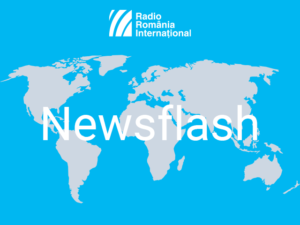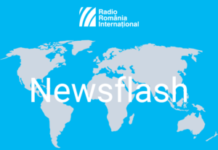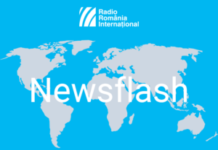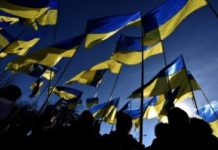REFUGEES – More than half a million Ukrainian refugees have crossed the border into Romania since the start of the Russian invasion on February 24. According to the Romanian Border Police, by March 20 at midnight, some 500,747 Ukrainian refugees entered Romania, of whom more than 4,000 applied for asylum. According to the Interior Ministry, these citizens enjoy all rights provided by law. According to a Government decision, stateless persons and nationals of third countries other than Ukraine, who benefitted national protection in the latter country, will also be protected in Romania. These categories will receive a stay permit for Romania’s territory, released by the General Inspectorate for Immigration, and also a personal identification number similar to that granted to asylum seekers. Temporary protection is granted automatically and does not require any formalities, the Bucharest authorities have announced.
TALKS – Romanian President Klaus Iohannis on Monday discussed with the British PM Boris Johnson about the situation in the neighbouring Ukraine and the measures to strengthen the eastern flank of NATO. ”I had, before the NATO summit, an exchange of views with the British PM Boris Johnson, as regards the situation in Ukraine and the joint efforts to support this country. We also talked about the measures needed to consolidate the eastern flank,” Iohannis said on Twitter. An extraordinary NATO summit will be held in Brussels on Thursday.
CONFERENCE – Romanian foreign minister Bogdan Aurescu has announced at the meeting of the EU Foreign Affairs Council in Brussels that Romania will stage jointly with Germany and France an international conference to stimulate support to the Republic of Moldova. The conference, co-chaired by the Romanian, German and French foreign ministers, will be held on April 5 in Berlin and will launch a support platform for Moldova and an appeal to donations by the EU and G7 member countries, by international financial institutions and other organisations. The conference will create five working groups in fields where Moldova needs support, namely, Ukrainian refugees, energy, finance and economy, border management and anticorruption.
Eugen Cojocariu, RRI











